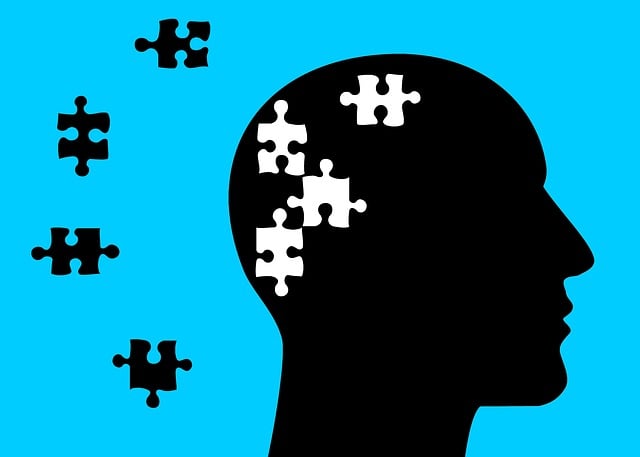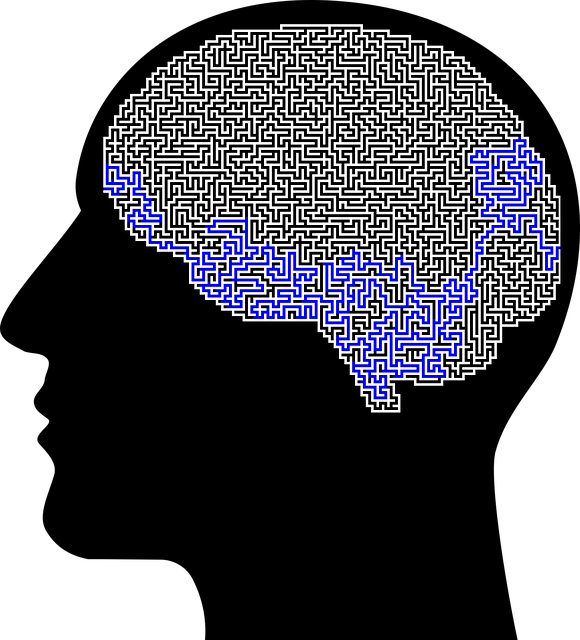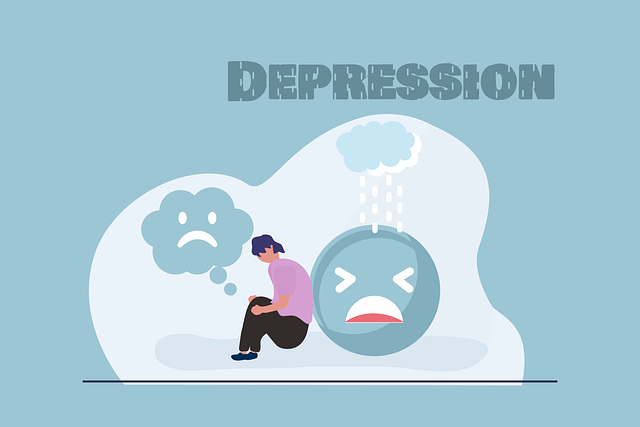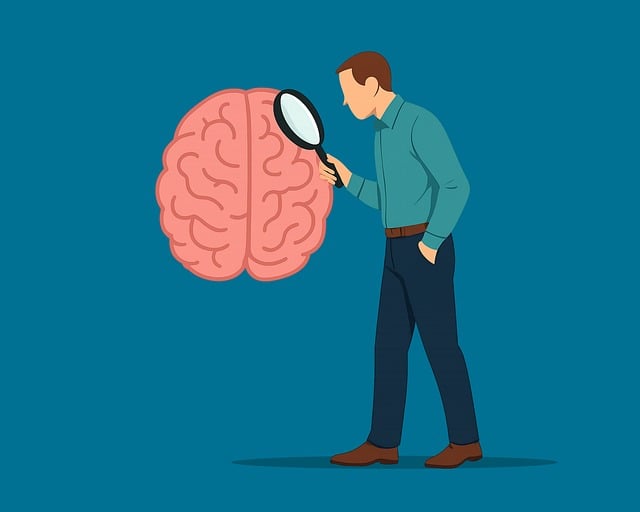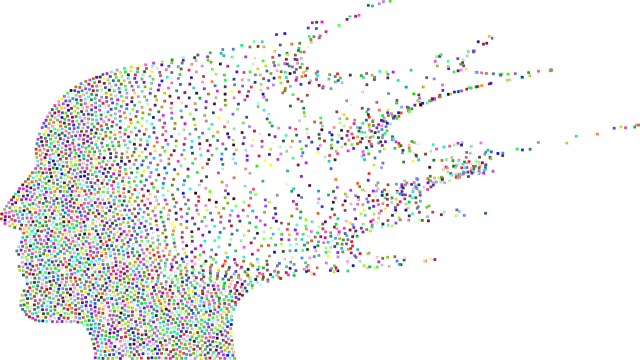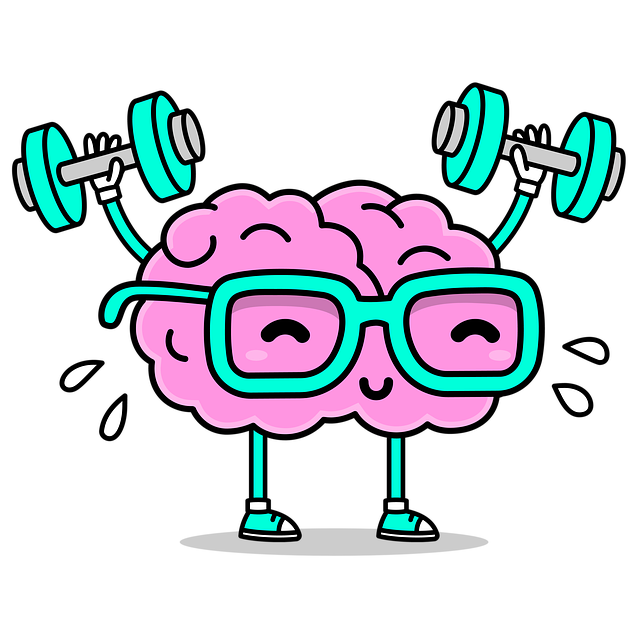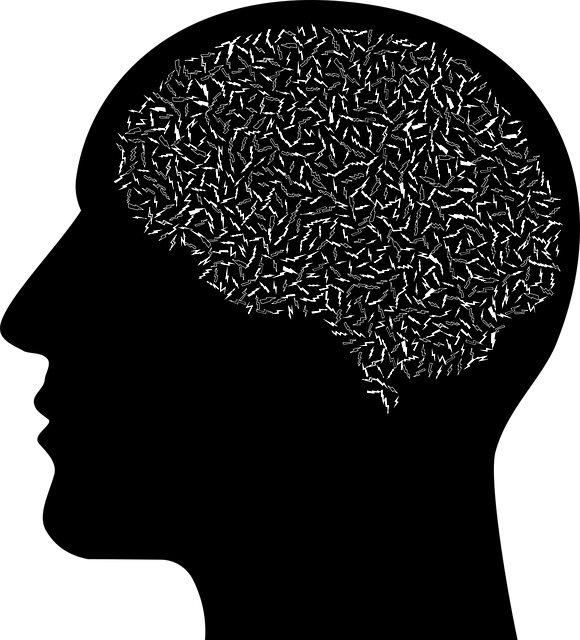Mindfulness meditation, a key component of Boulder Eating Disorders Therapy, equips individuals with tools to manage thoughts, emotions, and hunger cues, fostering healthier relationships with food and body image. By cultivating self-compassion, challenging negative thought patterns, and reducing self-talk, mindfulness promotes well-being. A consistent daily routine, beginning with 10-15 minutes of guided meditation or apps, enhances stress management skills. Incorporating mindfulness into daily life through exercises like breathing and non-judgmental thought observation builds inner strength and calm, benefiting individuals with eating disorders or burnout, including healthcare providers.
Discover the transformative power of mindfulness meditation for eating disorder recovery in Boulder. This comprehensive guide navigates the fundamentals and practical applications of mindfulness, offering a step-by-step approach to cultivating present-moment awareness. From understanding the core principles of mindfulness meditation for eating disorders to creating a personalized routine and seamlessly integrating mindfulness into daily life, this resource equips individuals with effective strategies for holistic healing. Embrace a mindful journey towards recovery and reclaim your well-being.
- Understanding Mindfulness Meditation for Eating Disorders Recovery
- Creating a Mindful Meditation Routine
- Incorporating Mindfulness into Daily Life
Understanding Mindfulness Meditation for Eating Disorders Recovery

Mindfulness meditation has emerged as a powerful tool in the realm of eating disorders recovery, particularly in Boulder Eating Disorders Therapy. This ancient practice involves focusing one’s awareness on the present moment, non-judgmentally, which can significantly aid individuals battling disordered eating. By cultivating mindfulness, individuals learn to observe their thoughts and emotions without attachment, fostering a deeper connection with their bodies’ natural hunger and fullness cues.
In the context of depression prevention and emotional healing processes, mindfulness meditation encourages self-compassion cultivation practices. It helps individuals challenge unhelpful thought patterns and reduces the impact of negative self-talk, which is often a contributing factor in eating disorders. Through regular practice, one can enhance their ability to navigate emotional triggers, leading to healthier relationships with food and body image. This holistic approach, integrated into therapy, offers a sustainable path towards recovery and overall well-being.
Creating a Mindful Meditation Routine

Establishing a consistent mindfulness meditation routine can significantly enhance your well-being, especially if you’re navigating challenges like eating disorders. Just as Boulder Eating Disorders Therapy focuses on holistic healing, incorporating daily meditation practice offers a powerful tool for self-care and mental resilience. Start by carving out a dedicated 10-15 minutes each day, creating a peaceful environment free from distractions. Consider using guided meditations or apps designed to support mindfulness, which can be particularly helpful for beginners.
As you build your routine, remember that consistency is key. Regular meditation practice cultivates awareness and strengthens your ability to manage stress and emotions. Incorporate compassion cultivation practices and cultural sensitivity in your mental healthcare journey, ensuring that your meditation aligns with your unique needs and background. This personalized approach can deepen the benefits of mindfulness, fostering a sense of calm and self-acceptance similar to the compassionate care offered by professionals in Boulder Eating Disorders Therapy.
Incorporating Mindfulness into Daily Life

Incorporating mindfulness into daily life can be as simple as taking a few minutes each day to focus on your breath and observe your thoughts without judgment. This practice, often cultivated through meditation, allows individuals to develop inner strength and cultivate a deeper sense of calm in the midst of their busy schedules. For those dealing with issues like eating disorders or burnout, particularly within healthcare provider communities, mindfulness becomes an invaluable tool for self-care and stress management.
By integrating mindfulness techniques into their routines, folks in Boulder Eating Disorders Therapy can enhance their ability to navigate challenging situations with resilience. Similarly, Burnout Prevention Strategies for Healthcare Providers can benefit from regular mindfulness practices designed to counteract the high-stress environments they often work in. Stress Management Workshops Organization can also utilize these strategies to create engaging and impactful programs that teach individuals how to harness their inner strength through mindfulness meditation.
Mindfulness meditation plays a pivotal role in the journey towards recovery from eating disorders, as evidenced by the integration of practices like Boulder Eating Disorders Therapy. By cultivating present-moment awareness through routines and incorporating mindfulness into daily life, individuals can develop healthier relationships with food and their bodies. This article has provided practical guidance on understanding, creating, and maintaining a mindful meditation practice, offering tools to enhance recovery and foster lasting well-being.
